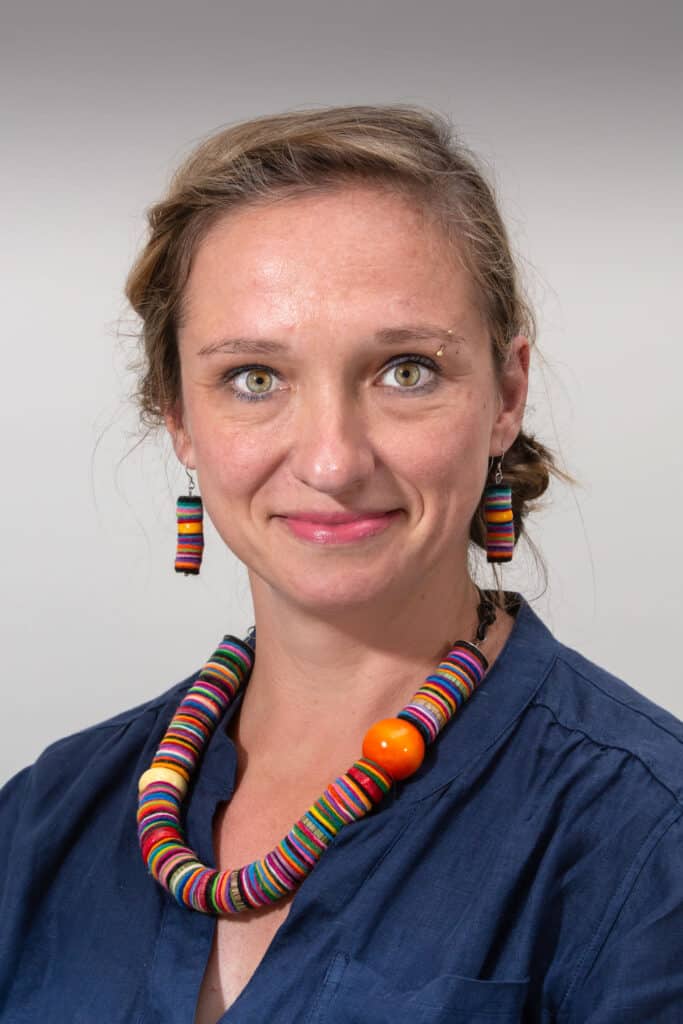
Could you share a summary of your research and what inspired you to pursue it?
I’ve been involved in digital mental health research long before it became the buzzword it is today. Back when internet access still meant dial-up, I was already exploring how technology could support young people’s wellbeing. I did my Master’s on the early internet and its impact on how high schools spend their free time, then went on to develop a digital mini-game as part of my PhD—a bold move, but I had a supervisor (Professor Sally Merry) who supported big ideas. The turning point came when the Oakley Foundation funded that work. Without that support, there would have been no trial, no momentum. That project directly led to the creation of SPARX, which was picked up and funded by the Ministry of Health. It’s now a nationally available service, and it has grown in ways I could not have imagined—translated, adapted, and studied around the world. To think it all started with a small PhD project supported by Oakley is still quite humbling.
How did the Foundation support your research?
The Oakley (now Whau) Foundation gave me a $30,000 grant between 2004 and 2007, which at the time felt absolutely enormous – and it was. They also funded the final six months of my PhD stipend, which was pivotal. That final stretch of a doctorate can be gruelling, and their support allowed me to focus, finish, and ultimately deliver something that had real-world impact. Without that backing, I honestly don’t know if I would have made it across the finish line.
Were there any unique or surprising findings?
One of the most valuable parts of the early project was collaborating with a young web designer—himself a recent graduate. I learned so much from that partnership, and I was genuinely delighted with the outcome. It gave me a functioning prototype I could take into schools to run my first randomised controlled study. This was back in the days of CD-ROMs, and young people had to come into a designated room to use the tool—but they did, and they gave me some incredibly rich feedback. They wanted more play, less text, and fewer instructions. That insight was pivotal in shaping SPARX and other digital tools we went on to develop. I was also able to collect meaningful clinical data, which led to one of my very first publications—an unexpected bonus at the time!
What impact did receiving support from the Foundation have on your career or future research opportunities?
In a word: transformational. The Oakley Foundation’s support didn’t just get me through my PhD—it set the stage for everything that followed. SPARX became a cornerstone project for digital mental health in Aotearoa and internationally, and I have since been involved in developing other tools like Headstrong, which I now lead with support from Te Whatu Ora. Their early investment gave me the launchpad for a career I am truly passionate about.
How has this project contributed to the field, or impacted the wider community (nationally and internationally)?
The reach of SPARX has been both national and global. It’s used by young people in New Zealand every day and has been studied or adapted in countries like Japan, Canada, and the UK. It has helped raise the profile of digital mental health in New Zealand and demonstrated that research from here can genuinely lead global innovation. I also think it’s contributed to changing how people perceive digital interventions—from “interesting” to “essential.”
How would you describe the significance of support from Whau Mental Health Research Foundation for researchers in mental health?
It cannot be overstated. Seeding funds like those from Whau give early-stage researchers the chance to test ideas, build prototypes, or generate preliminary data—all essential for securing larger grants down the track. For PhD students and early-career researchers, that kind of support can be make-or-break. It offers not just financial backing but a vote of confidence, which matters immensely when you are just getting started.
Have there been any specific end users or groups who have directly benefited from your research findings?
Yes- thousands of young people who have used SPARX as a first step in managing their mental health. But it’s also gone beyond individual users. Our work has contributed to the reputation of our research team and the University more broadly, both nationally and internationally. It has also informed policy and clinical practice in youth mental health, which I’m very proud of.
Has your work led to any other projects or research advancements?
Absolutely. My humble PhD led to SPARX which then, in turn, opened the door for me to lead other digital health initiatives. One I’m particularly proud of is Headstrong, a wellbeing chatbot that’s now in its fourth year of government funding. It supports young people across and is deeply rooted in co-design and clinical evidence. It’s humbling to see how a small PhD project has cascaded into a whole stream of work, each building on the last.
Are there any publications or media coverage of your work?
Yes – we’ve published extensively and continue to do so. There’s also been media coverage, particularly when SPARX or Headstrong launched nationally. We don’t chase the spotlight, but we do welcome opportunities to raise awareness of our work, especially if it helps get these tools into the hands of young people who need them.